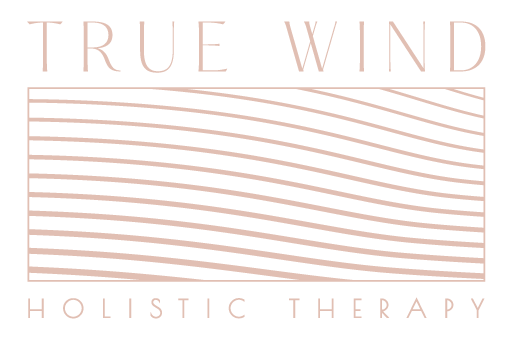
Frequently Asked Questions
-
In the comfort of your own home! That’s right, True Wind Holistic Therapy is exclusively online and available to anyone who lives in the state of Michigan.
-
I do not take insurance at this time. This allows us full flexibility in catering your treatment to best suit your needs.
As an alternative, I can provide a superbill. This means you would pay out-of-pocket and then submit the bill to your insurance company for reimbursement.
Learn more about my fees here.
-
First, call the number on the back of your insurance card. Then ask, “Can I be reimbursed for out-of-network mental health counseling?” If they say yes, be sure to get details on how they want you to request reimbursement (Is there an email you send the bill to? Do you have to fill out a form?). I always recommend that you note the date & time of the call as well as the name of the person you spoke to.
Note: Be sure to ask if online therapy is covered. Some insurance companies are opting out of covering online therapy.
-
Advantages:
Convenient for those with busy schedules. No commute is required!
Accessible for those with physical limitations, illness, or other responsibilities that make it difficult to get out of the home.
Disadvantages:
Privacy: We use a secure, HIPAA- compliant video platform but privacy cannot be guaranteed on your end, especially if you don’t have a private space in your own home during session times.
Technology: It can fail which is why we will have an agreed-upon back-up plan.
Body language and eye contact: It’s more difficult to pick up on these things via an online platform.
-
“A thing cannot be understood until it is known by all four aspects of our being: mind, body, emotion, spirit.” -Gathering Moss, Robin Wall Kimmerer
Holistic Therapy is a way to say we address the WHOLE person in our sessions. In addition to traditional talk therapy, I like to incorporate somatic, aka body-based practices in our session as well as mindfulness, guided imagery, and experiential exercises. You can learn more about my approach here.
-
While there can be a difference between those two terms, they are often used interchangeably. If you are seeking therapy/counseling services, be sure your therapist is a licensed Counselor, Social Worker, or Psychologist.
-
Katherine “Kat” Polmear, MA, LLPC, NCC, CCTP
I get it; acronyms can be confusing! Let me break it down for you:
MA- Master of Arts in Mental Health Counseling- This means I finished a graduate school degree from Oakland University.
LLPC - Limited Licensed Professional Counselor - This means I meet all the requirements to be licensed by the state of Michigan including attending an accredited graduate school and completing the necessary clinical hours. “Limited” means I work with a supervisor until I reach a certain number of clinical hours. My license number is 6401018611.
NCC- National Certified Counselor - This means I meet the National Board of Certified Counselor’s rigorous standards for counselors including passing the National Counselor Exam in 2020.
CCTP- Certified Clinical Trauma Professional- This means I completed additional training to better understand and heal traumatic stress. In order to keep this certification, I must finish additional trauma-focused training every year.
